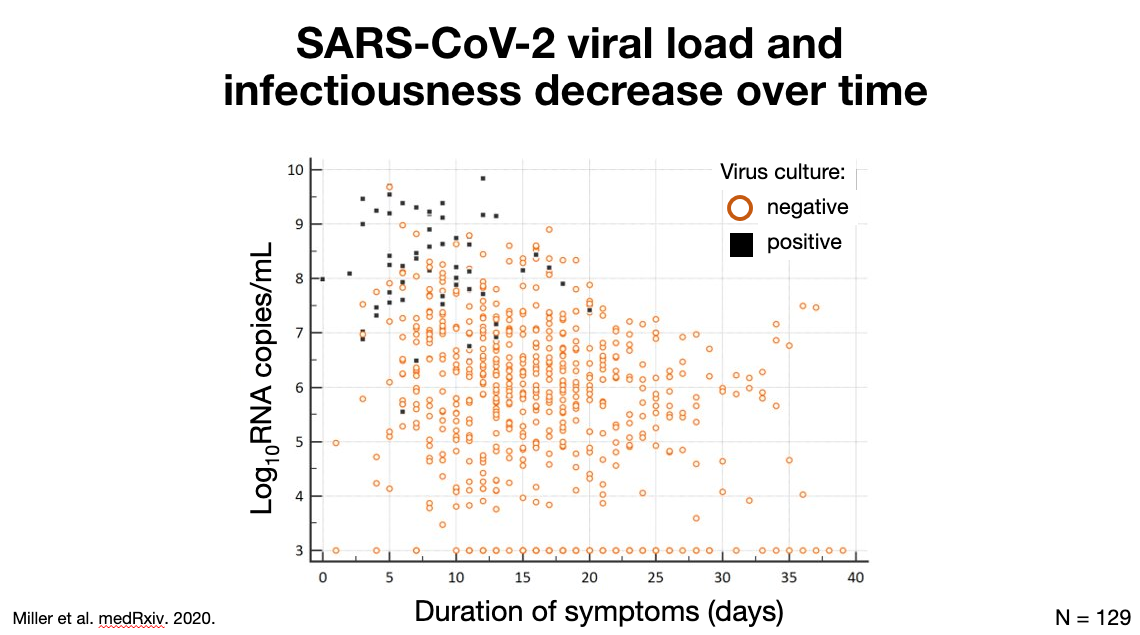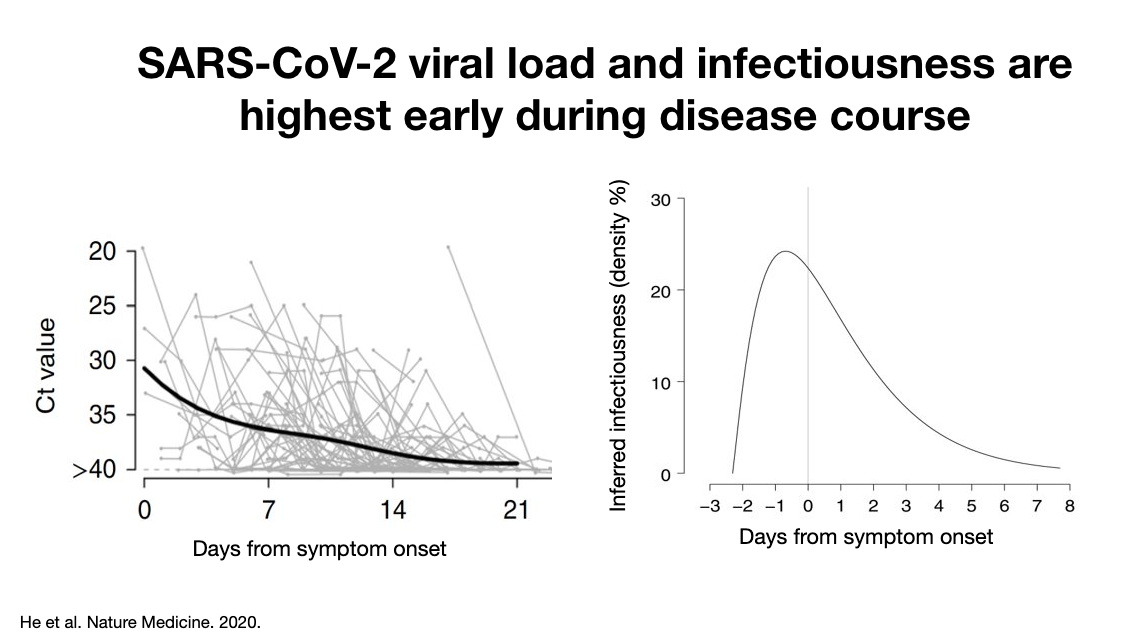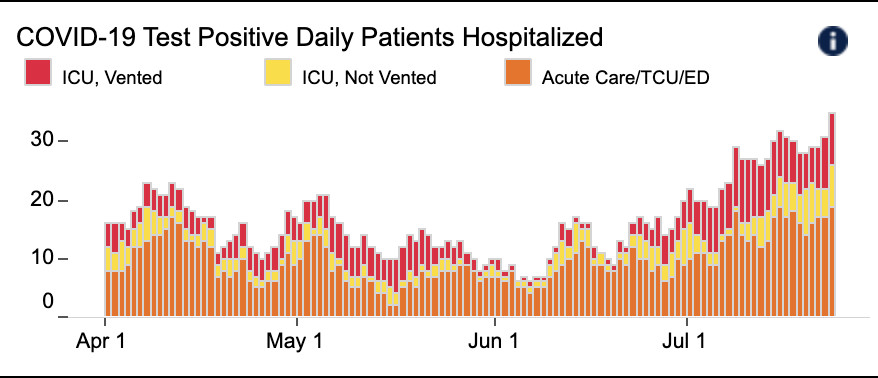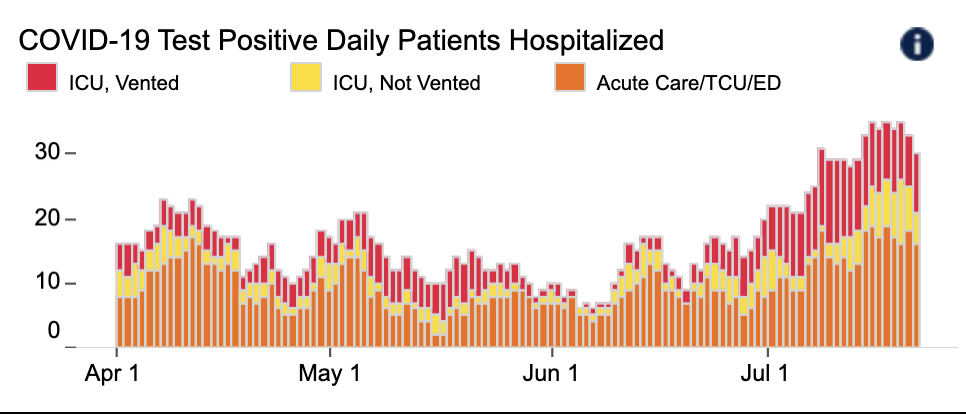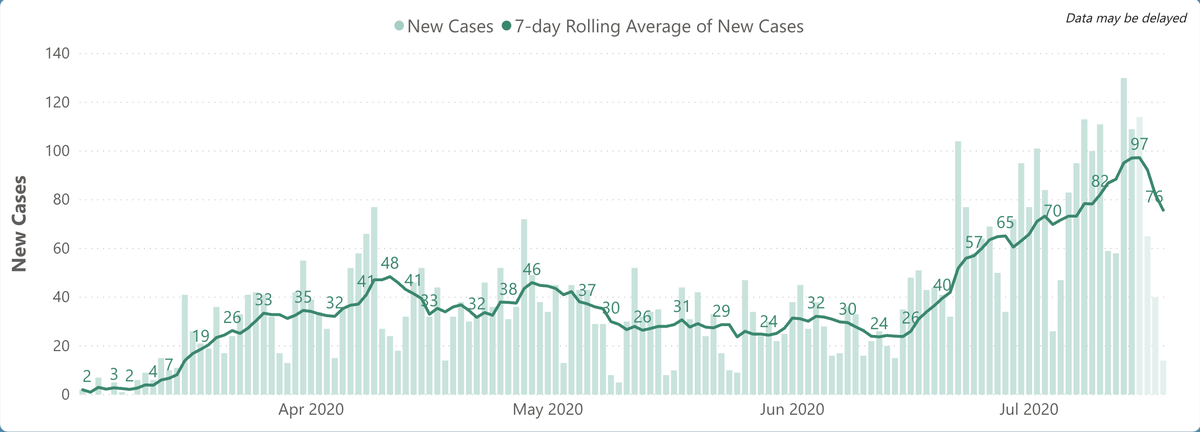UCSF Medical Grand rounds today, available here tinyurl.com/y2tpw3h4. If there could be such a thing as a “classic” set of topics in a pandemic that’s only 6 months old, today was it: Updates in testing, treatments and vaccines.
@UCSFHospitals, 35 pts, 9 vents. Possibly plateaued but significantly up over last few weeks (Fig L). SF hospitalizations also up, 112 today (R). Deaths still just 58 since March.
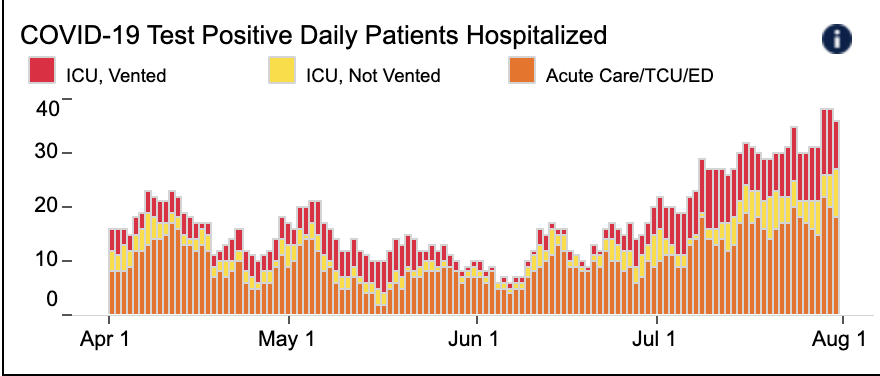
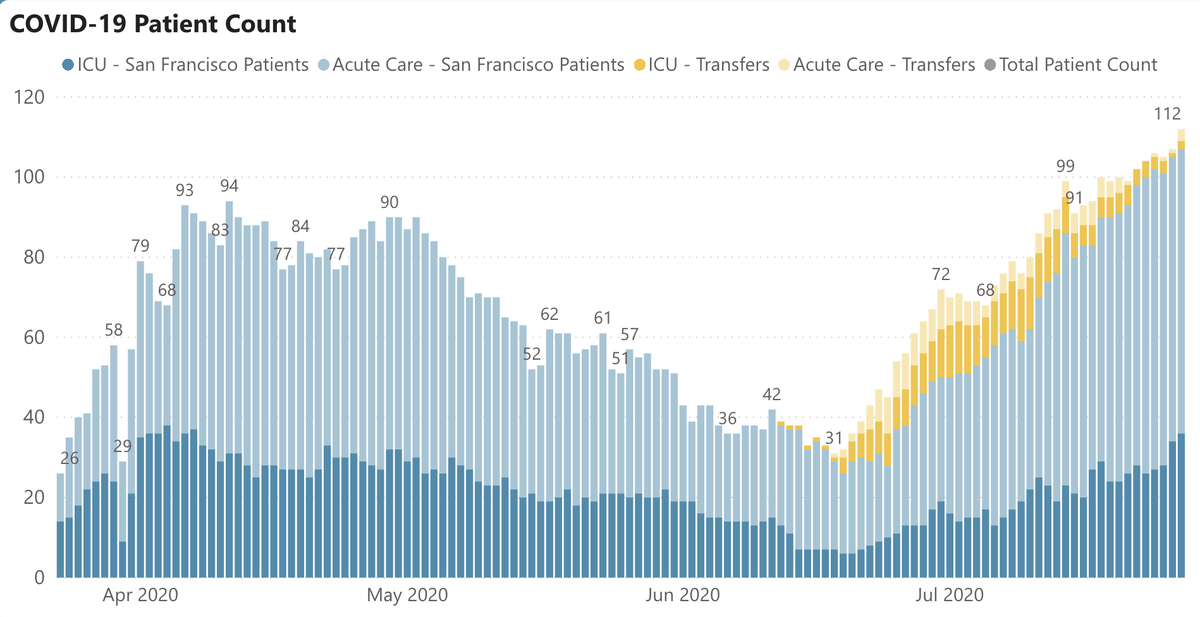
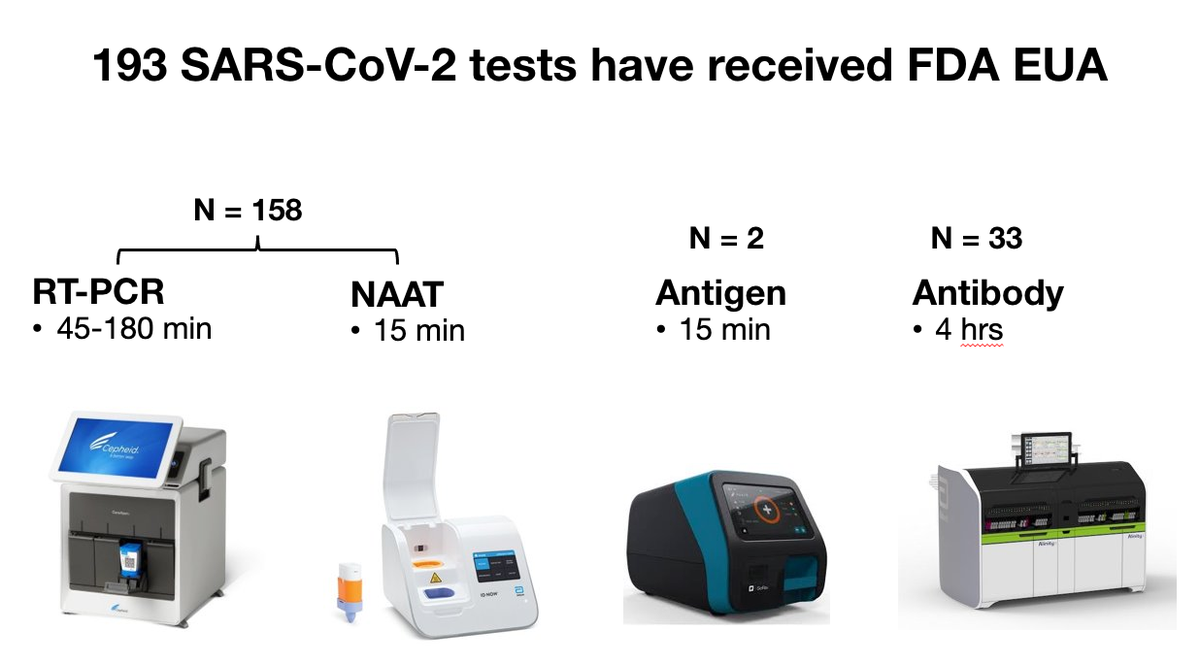
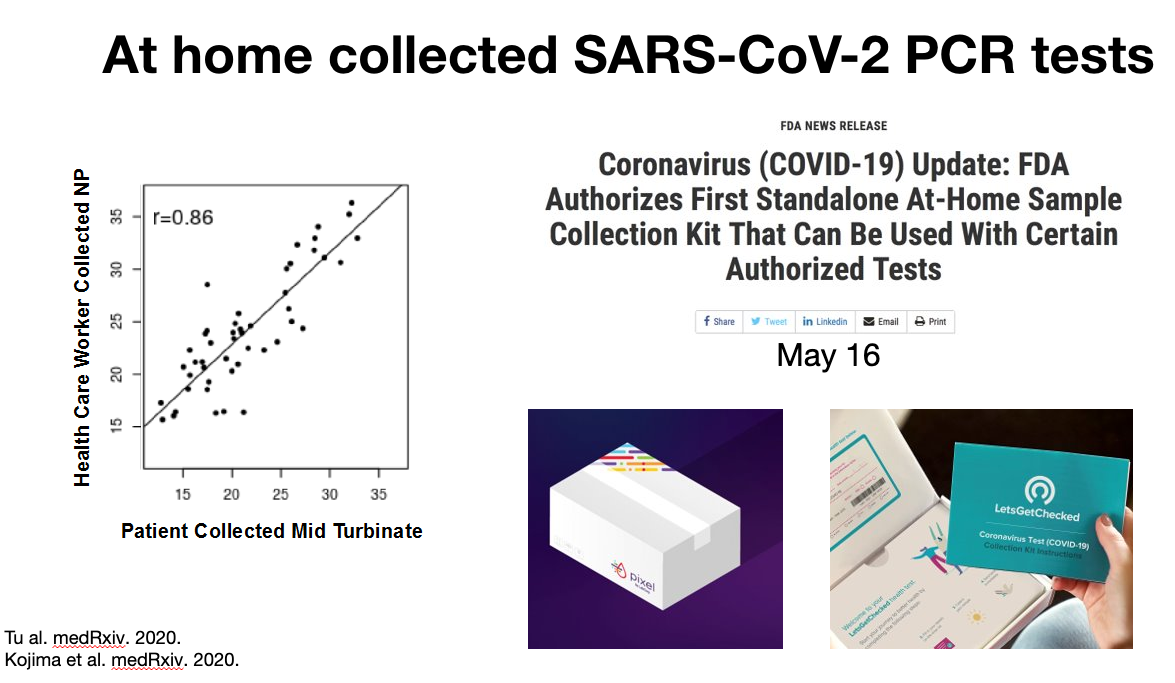
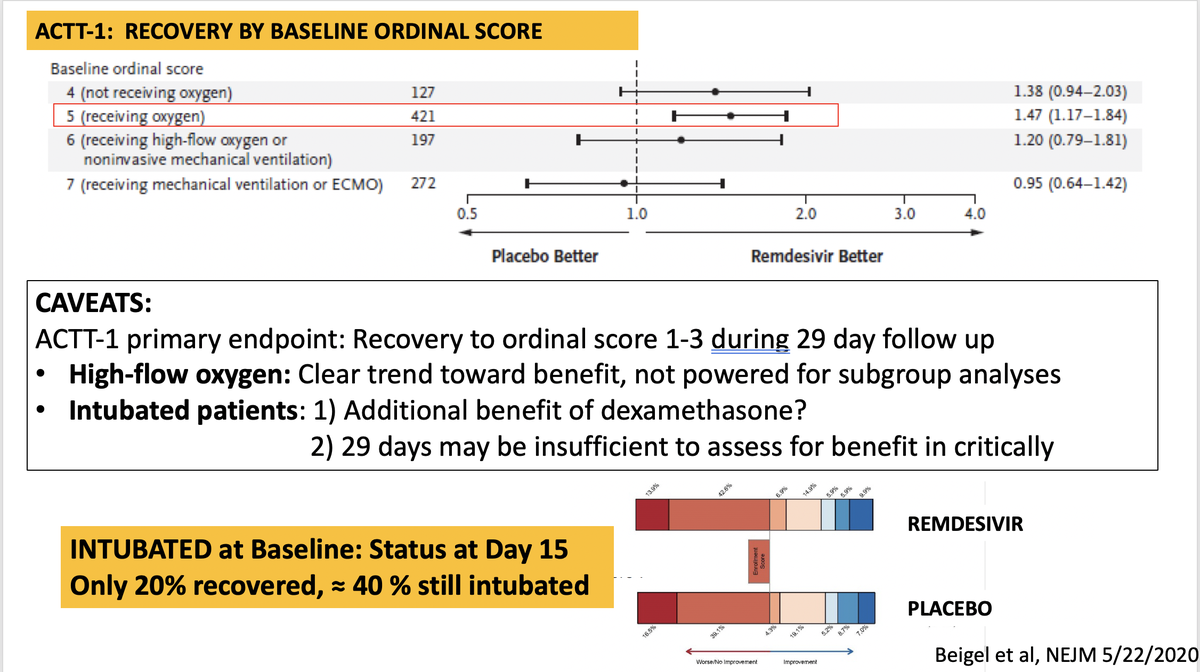
Back tomorrow with some thoughts about San Francisco’s Covid performance, surge and all. Till then, stay safe.


